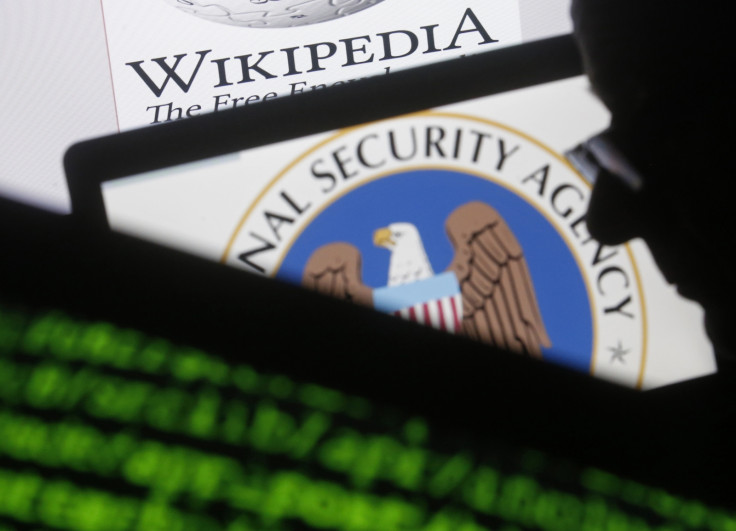Why does Wikipedia want to sue the NSA?
Privacy rights groups are renewing their battle against the NSA.

A federal appeals court in the US has revived a lawsuit led by Wikipedia that challenges the National Security Agency (NSA) and its weapon of mass online surveillance saying it unconstitutionally invades privacy rights.
The lawsuit had been dismissed in October 2015 due to lack of evidence against the NSA. The 4th US Circuit Court of Appeals in Richmond, Virginia has now allowed Wikipedia's parent organisation, Wikimedia Foundation and other privacy groups to proceed with the suit that challenges the "Upstream" global surveillance arm.
Why does Wikipedia and other privacy fronts want to sue the NSA?
The details of NSA's Upstream programme, was made public by whistleblower Edward Snowden in 2013. The leaks revealed it to be a mass spy programme that accessed cables, switches and routers comprising principal data routes of the internet. The programme could conduct remote surveillance on universal international communications including messages shared by non-US citizens as well.
Wikimedia in particular became intrigued as Snowden's leaks pointed to a specific mention of the site. They said the classified documents proved that Wikipedia was targeted in the Upstream programme and called it a gross violation of their privacy rights that made people less likely to share sensitive information.
The foundation consequently joined hands with the American Civil Liberties Union (ACLU), which filed the case on behalf of Wikimedia and several other right groups. While Wikimedia is the face of the petition, it is being backed by other prominent organisations like National Association of Criminal Defense Lawyers, Human Rights Watch, Amnesty International USA, PEN American Center, Global Fund for Women, The Nation, Rutherford Institute and the Washington Office on Latin America.
The possible outcome
Currently, the Foreign Intelligence Surveillance Act in the US does not deem programmes like Upstream illegal. But the petitioners hope to invoke the Fourth Amendment right — to be free from unreasonable searches and seizures. Even if a decision goes in favour of privacy groups, a complete shutdown of surveillance is unlikely, but it could make it easier for people to learn whether authorities are spying on them through Upstream.
The NSA is already facing scathing criticism for failing to protect its cyber weapons that fell into the hands of hackers and ultimately led to a massive ransomware campaign striking Windows users all over the world. The ransomware known as WannaCry was created using just one of the exploit codes from the NSA weapons dump. Experts feel NSA's callousness led hackers to access a trove of codes to rely on to build more hacking tools for future attacks.
© Copyright IBTimes 2024. All rights reserved.





